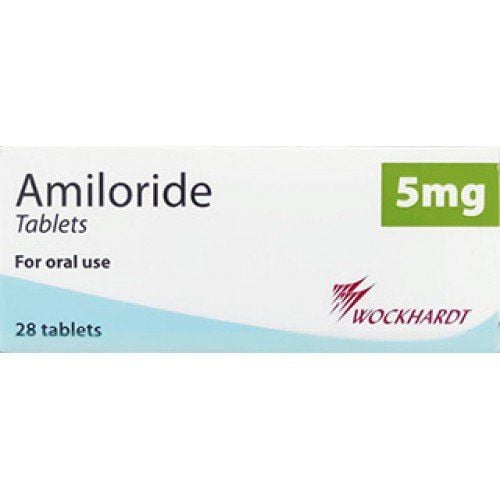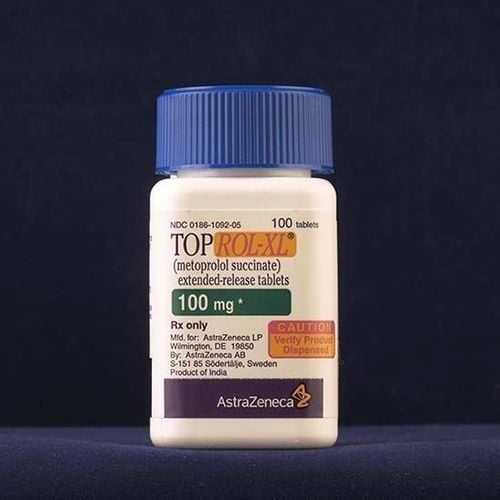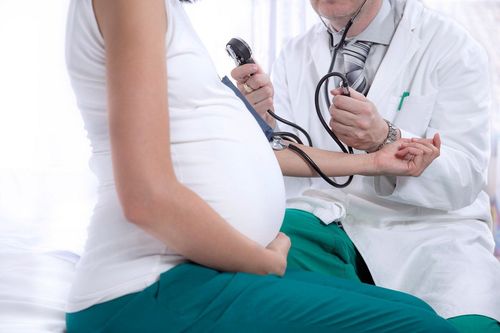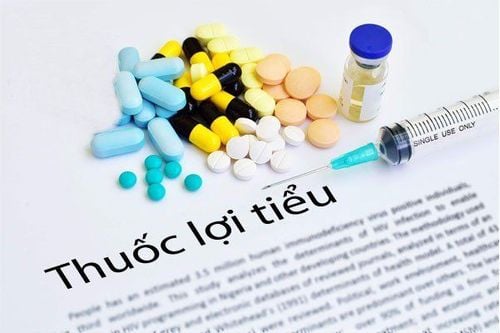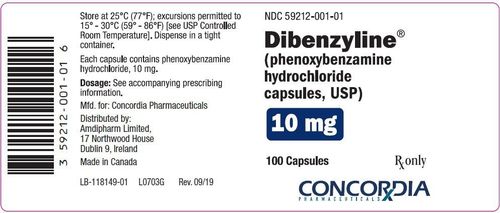This is an automatically translated article.
The article was professionally consulted by MSc Vu Thi Tuyet Mai - Cardiologist - Cardiovascular Center - Vinmec Central Park International General Hospital.High blood pressure is becoming more and more common and leaves many dangerous complications. So what should be done when high blood pressure can effectively control the disease, limiting complications?
1. Meaning of blood pressure readings
Blood pressure is the force of blood against the artery walls. Arteries are responsible for transporting blood from the heart to the lungs to get oxygen, and then carry oxygen to the organ systems and tissues.Blood pressure readings consist of two values, separated by slashes: such as 110/80 (in mmHg). The first number is the pressure against the artery walls when the heart contracts (called systolic pressure). The second number is the pressure against the artery walls as the heart relaxes between heartbeats (known as diastolic pressure). So how are these two indicators called high blood pressure?
2. How high is high blood pressure?
High blood pressure, or hypertension, is when one or both of the above blood pressure readings become too high than normal:Optimal normal blood pressure: Less than 120/80 mmHg High blood pressure (hypertension) pressure): Your blood pressure stays at 140/90mmHg or higher for a long time. If the blood pressure readings range from 120/80 mmHg to less than 140/90 mmHg, it is considered pre-hypertension. One thing to keep in mind, the numbers above only apply to people who haven't taken antihypertensive drugs and have no previous history of cardiovascular disease in general.
3. Why high blood pressure?
3.1. Risk factors that cannot be changed
The following factors increase the risk of developing high blood pressure that cannot be changed:Older age Family history of cardiovascular disease Certain related conditions, such as diabetes and kidney disease, increase risk of high blood pressure. History of preeclampsia.
3.2. Habits and lifestyles that adversely affect blood pressure
Lifestyle habits can also affect blood pressure. These are modifiable risk factors, including:Overweight, obesity Lack of physical activity Smoking Smoking Drinking alcohol Poor diet (too much fat, not enough fruits and vegetables) ) Eat too much salt

4. What to do when high blood pressure?
4.1. Lifestyle change
This is also known as a non-drug treatment for high blood pressure. By adopting an active lifestyle, giving up some bad habits, you can lower your blood pressure readings as well as reduce your risk of developing high blood pressure in the future:Quit smoking Losing weight, if you are overweight. Limit alcohol intake. Exercise regularly. Cut down on salt. Dietary changes, possibly followed by the DASH (Dietary Approaches to Stop Hypertension) approach, focus on heart-healthy foods. Reduce stress, balance work and family.
4.2. Use of antihypertensive drugs
If lifestyle changes cannot reduce blood pressure, the doctor will prescribe the patient to use antihypertensive drugs. There are many classes of antihypertensive drugs, which work by different mechanisms. What is important is the patient's adherence to treatment, continuing to take the medication even if you feel well. In addition, patients need to maintain healthy lifestyle habits even while taking medication.

5. High blood pressure during pregnancy
High blood pressure during pregnancy can cause serious problems, such as problems with fetal growth, premature birth, and worsen existing medical conditions. If you have chronic high blood pressure and are planning to become pregnant in the near future, talk to your doctor to get checked and prepared in advance. This will ensure stable blood pressure, reduce the risk of complications and help you have the best possible health before deciding to get pregnant.During pregnancy, you will have your blood pressure measured more often. You will also be monitored for signs and symptoms of preeclampsia. In addition, other tests are also needed to monitor the health and development of the fetus.
6. What is gestational hypertension?
High blood pressure that occurs in the second half of pregnancy (after 20 weeks of pregnancy) is called gestational hypertension. The control of the disease depends on the mother's blood pressure level. Most pregnant women with gestational hypertension have only a slight increase in blood pressure. However, some pregnant women have severe high blood pressure and are at risk for serious complications. All patients with gestational hypertension should be closely monitored to ensure that their blood pressure does not rise too high and to watch out for signs of preeclampsia.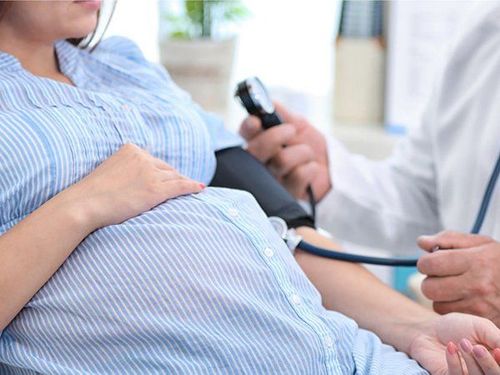
7. What is preeclampsia?
Pre-eclampsia is a distinctive pregnancy disorder characterized by elevated blood pressure (>140/90 mmHg) and often large amounts of protein in the urine (>300 mg/24 hours). If not diagnosed and managed properly, preeclampsia can cause many serious complications in both mother and fetus. Women with pre-eclampsia are at increased risk of developing high blood pressure and other cardiovascular diseases after childbirth.8. Contraceptive methods are not recommended for patients with high blood pressure
Some birth control methods are not recommended for women with high blood pressure. These methods include:Combined hormonal methods of birth control: Includes the pill, patch, and ring that contains estrogen and progestin. Injectable birth control pills: Some women with high blood pressure should not use this form of birth control. If you are being treated for high blood pressure, even if your blood pressure has returned to normal, talk to your doctor about birth control methods and possible side effects.
Please dial HOTLINE for more information or register for an appointment HERE. Download MyVinmec app to make appointments faster and to manage your bookings easily.
Translation source: Acog.org





